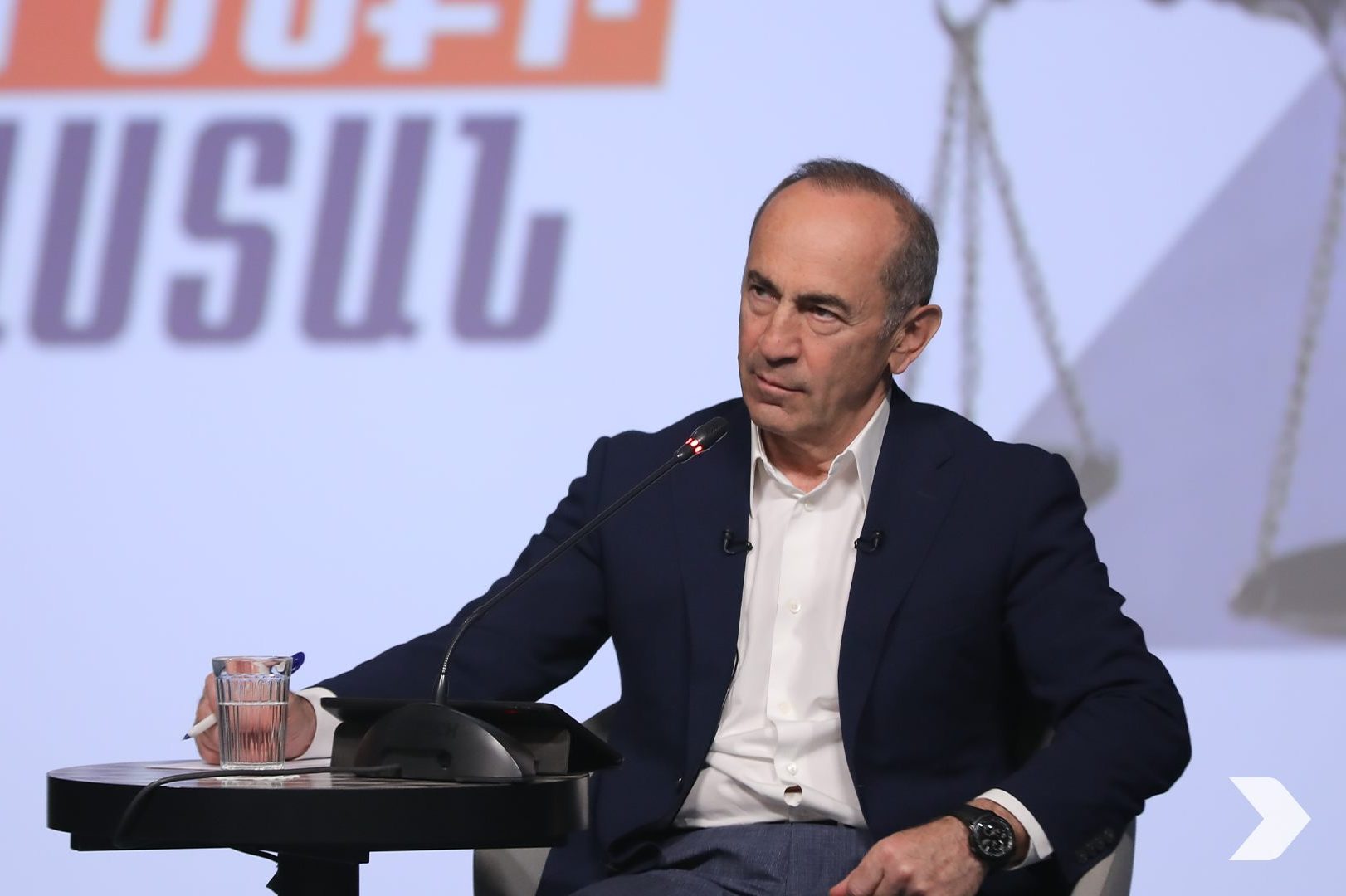
Welcome to the captivating realm of Armenian politics, where history and intrigue intertwine! Today, we are embarking on an in-depth exploration of the life and career of **Robert Kocharian**, a significant and influential figure in the recent political landscape of Armenia. His journey is marked by a series of pivotal moments that have shaped the nation’s trajectory. From his humble beginnings to his ascent to the presidency, Kocharian’s story is filled with both triumphs and controversies that have sparked debate and discussion among political analysts and citizens alike. Join us as we unravel the complexities of his leadership, the challenges he faced, and the lasting impact he has had on Armenia’s political fabric. This exploration promises to shed light on the intricate dynamics of Armenian governance and the role Kocharian played in navigating its turbulent waters.
Early Life and Background
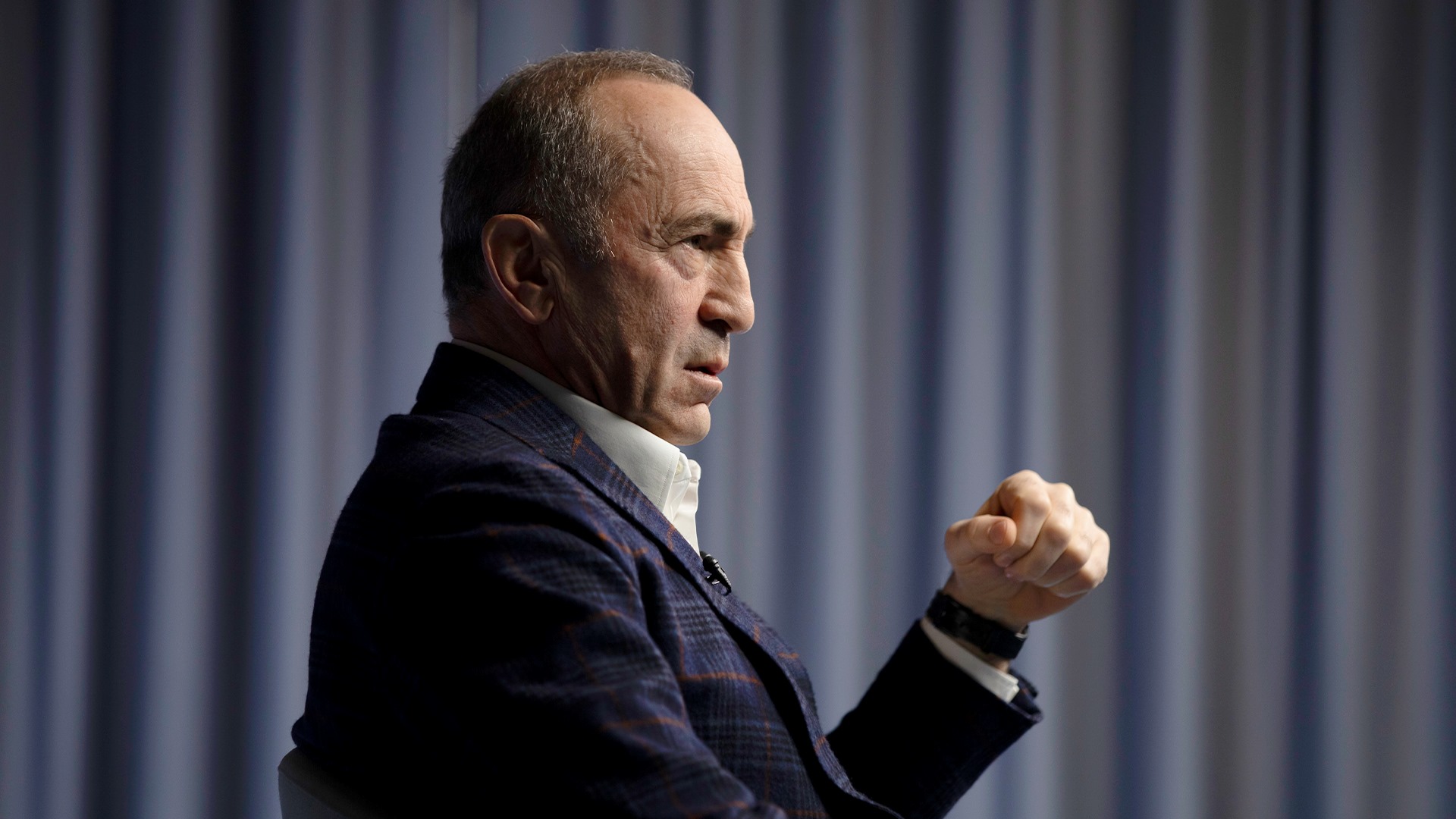
Birth and Family
Robert Kocharian was born on August 31, 1954, in the city of Stepanakert, which is currently known as Xankändi, located in Azerbaijan. Growing up in this region, he was immersed in a politically charged atmosphere that would shape his worldview and future ambitions. His father, Sedrak Kocharian, was a prominent figure in Nagorno-Karabakh, holding various leadership positions that not only established a legacy of public service but also instilled in Robert a sense of responsibility and commitment to his community. This familial background played a significant role in molding his political aspirations and leadership style.
Education and Military Service
Following his formative years, Kocharian served in the Soviet army from 1972 to 1974, an experience that contributed to his understanding of discipline and governance. After completing his military service, he pursued higher education at the Yerevan Polytechnic Institute, where he graduated in 1982. This academic foundation not only equipped him with technical knowledge but also prepared him for the complex political landscape he would navigate in the years to come. His education and military background were instrumental in shaping his approach to leadership and governance, ultimately paving the way for his future roles in Armenian politics.
Political Awakening

The Rise of Kocharian in Nagorno-Karabakh
By the late 1980s, a significant political movement was gaining momentum in the region of Nagorno-Karabakh, advocating for its independence from Azerbaijan. Among the key figures in this movement was Robert Kocharian, whose leadership qualities and unwavering determination quickly propelled him to prominence. His charisma resonated with many, making him a central figure during this tumultuous period marked by ethnic tensions and calls for self-determination. Kocharian’s ability to galvanize support and articulate the aspirations of the people of Nagorno-Karabakh played a crucial role in the struggle for independence.
Kocharian’s Leadership Roles
In 1992, following the declaration of independence by Nagorno-Karabakh, Kocharian assumed the pivotal role of chairman of the state defense committee. His leadership was instrumental during the ensuing conflict with Azerbaijan, where he demonstrated strategic acumen and a commitment to the cause. Later, he advanced to the position of prime minister of the region, further solidifying his influence and reputation. Under his guidance, Nagorno-Karabakh navigated the complexities of war and governance, establishing a sense of identity and resilience among its people. Kocharian’s tenure was marked by significant challenges, but his leadership left an indelible mark on the region’s history.
Transition to Armenian Politics
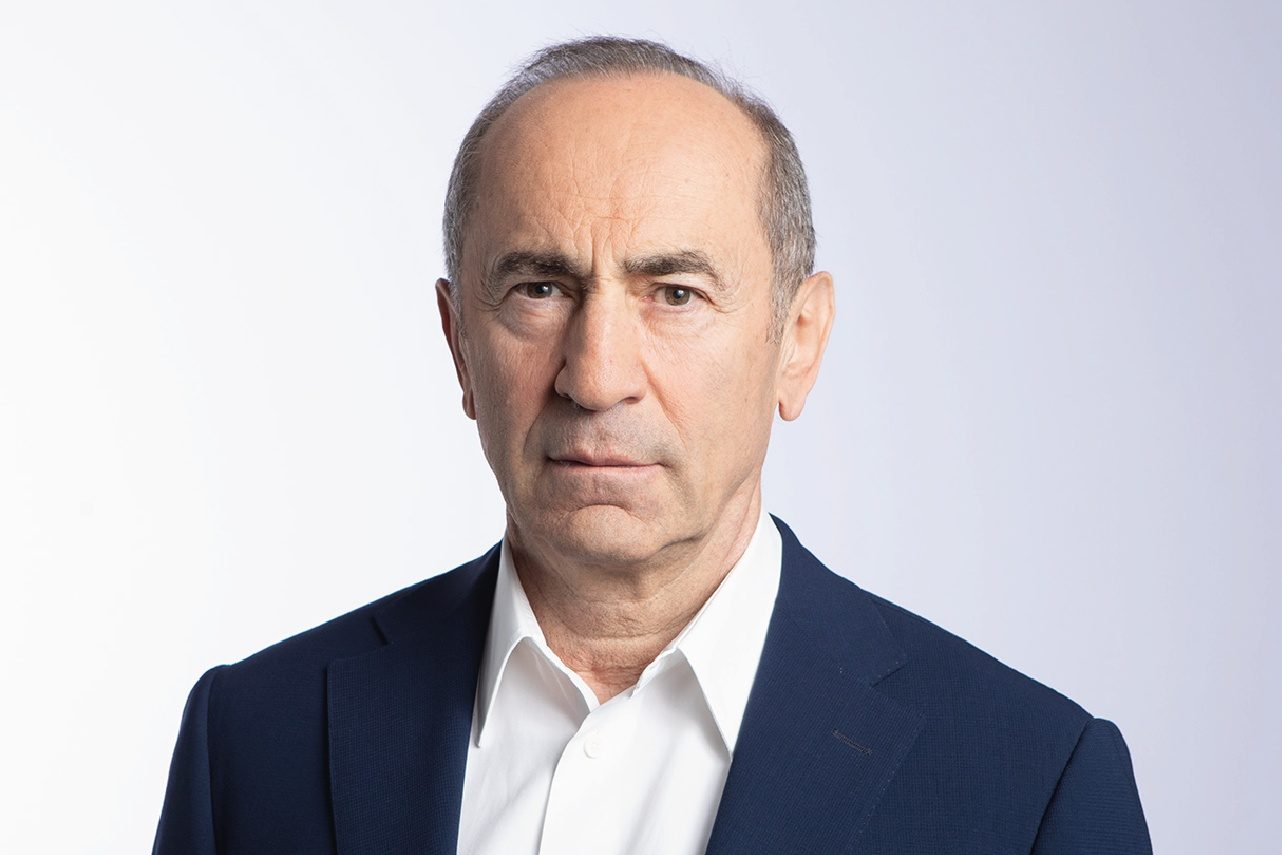
Prime Minister of Armenia
In 1997, Robert Kocharian made a significant leap into the realm of Armenian politics when he was appointed as the Prime Minister of Armenia. This pivotal moment not only marked the beginning of his political career in the country but also signified a notable transformation within the political landscape of Armenia. His leadership style and policies began to shape the direction of the nation, influencing various aspects of governance and public life.
Presidency: A Controversial Tenure
In 1998, Kocharian ascended to the presidency, a position that would prove to be both influential and contentious. His time in office was overshadowed by significant controversy, particularly due to allegations of fraud during the electoral process. Additionally, the violent attack on the Armenian parliament in 1999 further complicated his presidency, casting a long shadow over his administration and raising questions about the stability of his government.
Challenges Faced
Despite initially enjoying a degree of popularity, Kocharian soon encountered increasing opposition from various sectors of society. By 2002, the atmosphere had shifted dramatically, with weekly protests erupting across the country, demanding his impeachment. These demonstrations highlighted the growing discontent among the populace, reflecting a broader dissatisfaction with his leadership and policies. The challenges he faced during this tumultuous period underscored the complexities of governing in a post-Soviet state, where political tensions and public expectations were often at odds.
Foreign Policy and Economic Development
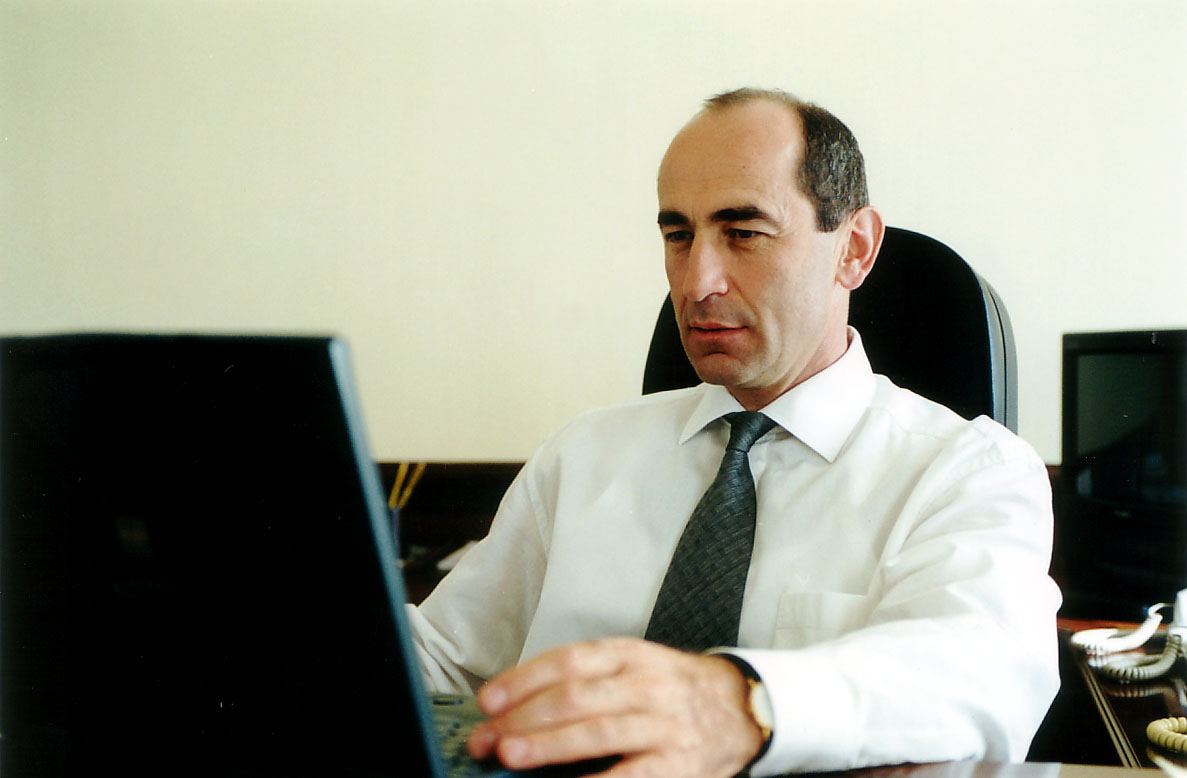
Efforts for Peace
Throughout his presidency, Kocharian aimed for a peaceful resolution to the Nagorno-Karabakh conflict. However, despite numerous negotiations, lasting agreements remained elusive.
Economic Growth
On the economic front, Kocharian’s tenure saw gradual improvements. He secured foreign deals, particularly with neighboring Russia and Iran, which bolstered Armenia’s economy.
Controversial End to Presidency
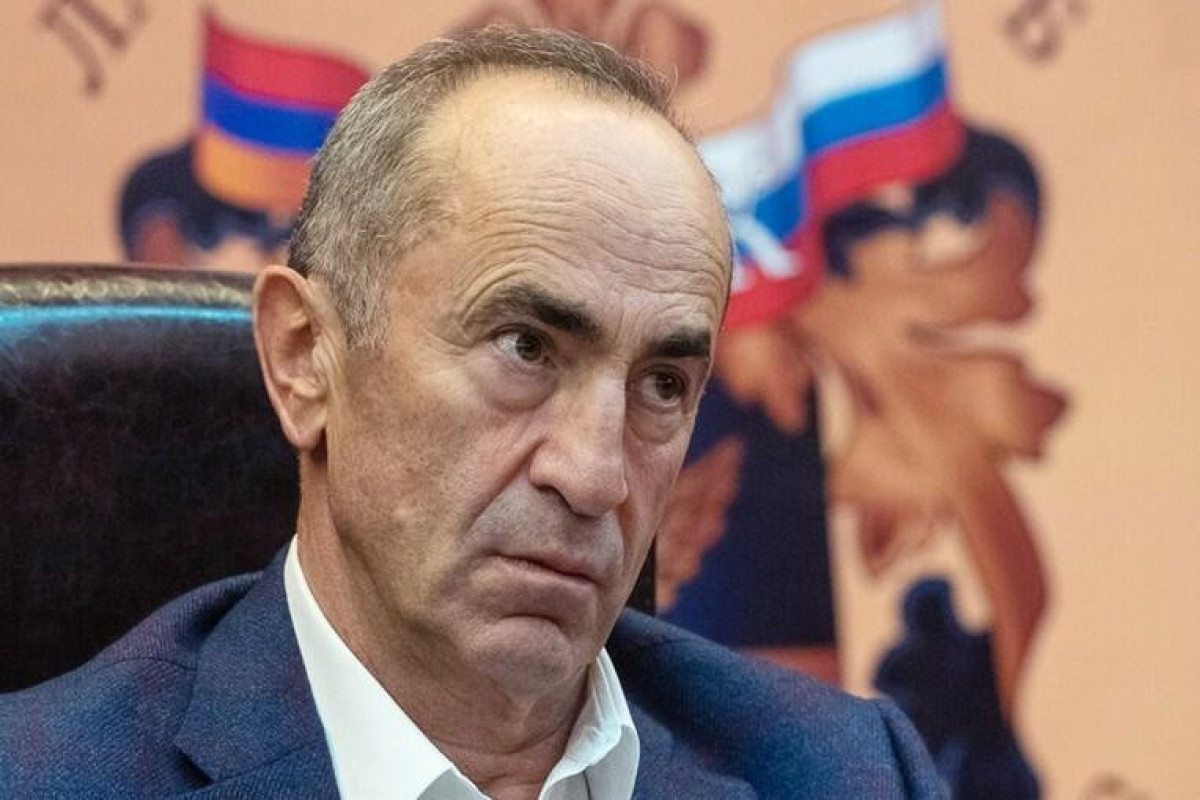
2008 Elections and Aftermath
The 2008 presidential elections were a turning point. Following allegations of fraud, protests erupted, leading to a violent crackdown that resulted in the deaths of ten individuals. Kocharian declared a state of emergency, further tarnishing his legacy.
Post-Presidency Life
After leaving office, Kocharian became increasingly critical of his successor, Serzh Sargsyan. His public image suffered, but he remained a significant figure in Armenian politics.
Legal Troubles and Political Comeback
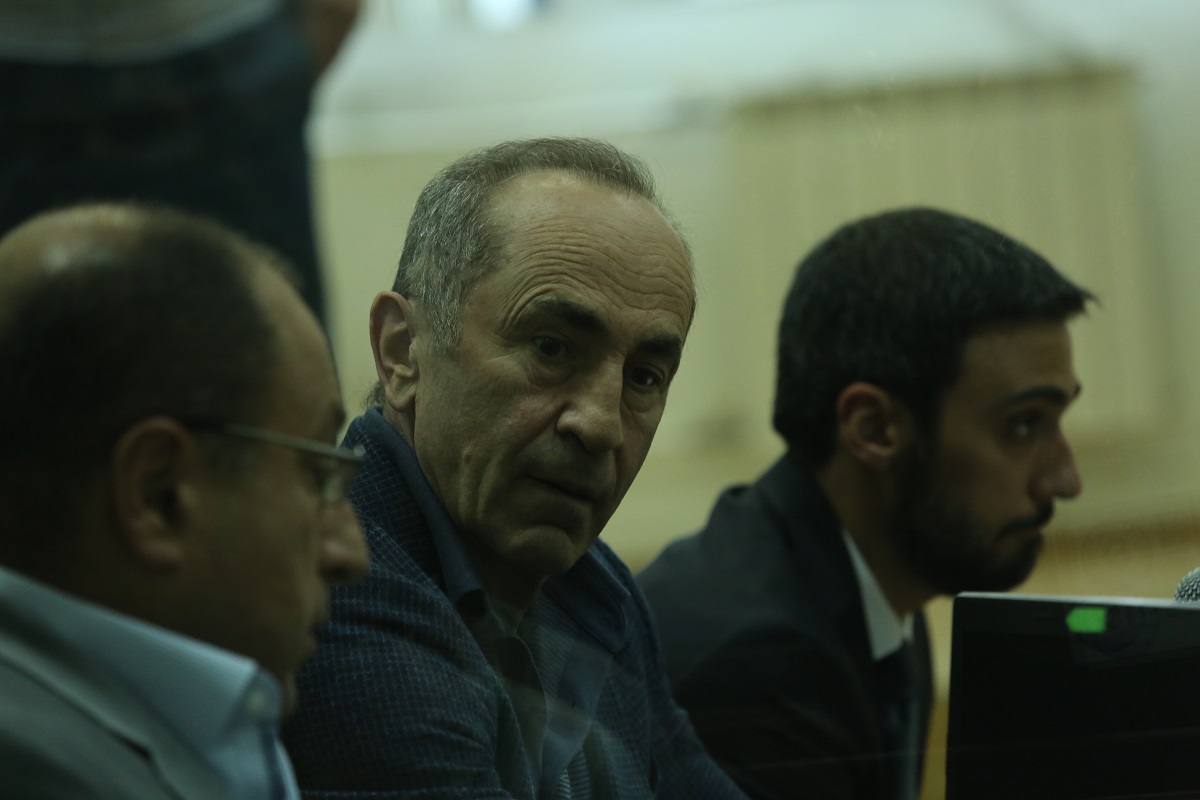
Arrest and Charges
In 2018, Kocharian was arrested on charges related to the 2008 crackdown. His legal battles continued, with multiple arrests and releases on bail.
Return to Politics
In 2020, amidst renewed conflict with Azerbaijan, Kocharian traveled to Nagorno-Karabakh to support its armed forces. This move revitalized his political image, positioning him as a national security figure.

Robert Kocharian’s political journey is a tapestry of triumphs and tribulations. His role in the Nagorno-Karabakh conflict, coupled with his controversial presidency, has left an indelible mark on Armenia’s history. As the nation continues to navigate its future, Kocharian’s influence remains a topic of discussion and debate.
Key Events in Robert Kocharian’s Life

| Year | Event |
|---|---|
| 1954 | Born in Stepanakert, Azerbaijan |
| 1992 | Becomes Prime Minister of Nagorno-Karabakh |
| 1997 | Appointed Prime Minister of Armenia |
| 1998 | Elected President of Armenia |
| 2008 | Violent crackdown on protests following elections |
| 2018 | Arrested on charges related to 2008 crackdown |
| 2020 | Travels to Nagorno-Karabakh during renewed conflict |

